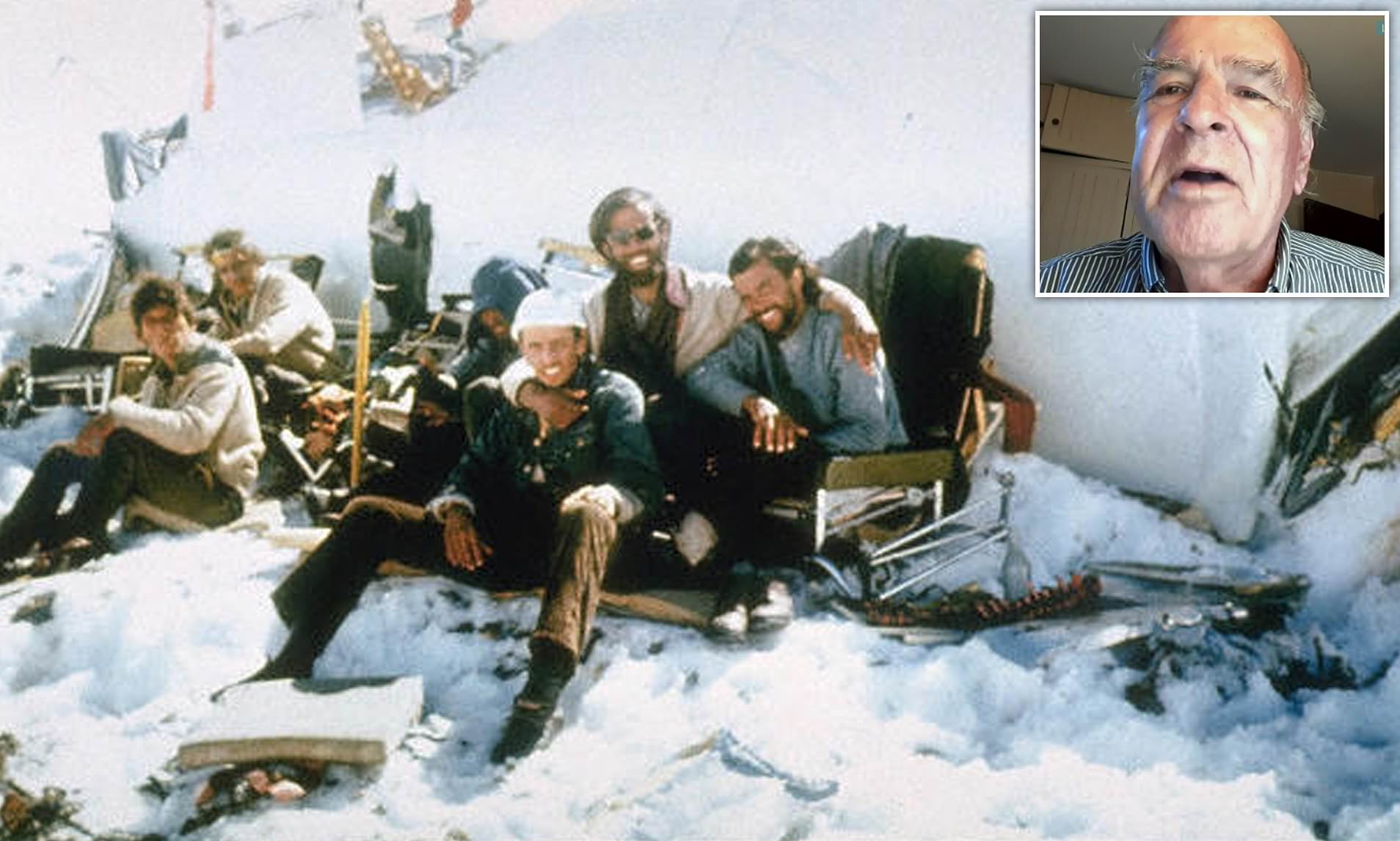
MONTEVIDEO, Oct 11, 2022 (BSS/AFP) - On October 13, 1972, a plane carrying an
amateur Uruguayan rugby team, along with relatives and supporters, to an away
match in Chile crashed in the Andes with 45 people on board.
Sixteen young men managed to survive for 72 days, at sub-zero temperatures
and with very little food, before two of them found help after a 10-day trek
across the mountains in waist-deep snow.
The so-called "Miracle of the Andes" gained global notoriety when the
survivors, who were devout Catholics, admitted they had eaten parts of their
dead companions' bodies to stay alive.
AFP reporters in Chile and Uruguay covered the dramatic events, which were
recounted in "Alive", a best-selling book that was later made into a movie.
Here is how it unfolded:
- The crash -
On the evening of October 13, 1973, a chartered military plane carrying the
Old Christians rugby team from the Argentinian city of Mendoza to the Chilean
capital Santiago disappears from radars near the Chilean city of Curico.
Aircraft from Chile, Argentina and Uruguay search for the plane but fail to
spot the white fuselage against the snow.
After eight days, the search is called off.
- 'Come rescue us' -
Two months later, on December 22, 1972, the world is stunned by news that
there are survivors, two of whom, Nando Parrado and Roberto Canessa, made it
out of the mountains on foot to find help.
"They spot a muleteer while following a river that winds around the foot of
the mountains. Exhausted, they throw a stone across the water to him, with a
message scrawled on a piece of paper attached to it, and then began praying
while waiting to be rescued," AFP reported.
The message reads: "I come from a plane that fell in the mountains. I am
Uruguayan. We have been walking for 10 days... In the plane, there are 14
injured people. We have to get out of here quickly, and we don't know how. We
don't have any food. We are weak. When will you come and fetch us? Please, we
cannot even walk. Where are we?"
The muleteer arranges for them to be rescued and help also comes quickly for
their severely malnourished companions, who are plucked from the mountain by
helicopter over two days.
- Donkey grass -
The men relate the plane getting lost in the mountains and then clipping a
ridge before barreling down a glacier and landing in a snow bank, killing 13
people, including the pilot and co-pilot, and injuring several others who
died later.
They describe the scramble to survive at an altitude of nearly 4,000 meters,
living in the fuselage and scrounging in the snow for roots and an herb
nicknamed "donkey grass" after their food supplies ran out.
They also recount the deaths of several survivors in an avalanche.
"We are witnessing a miracle the likes of which the world has never seen,"
Cesar Charlone, Uruguay's charge d'affaires in Chile declares.
- Last Supper -
By December 24, rumors are swirling that the men resorted to cannibalism to
avoid starving, which is confirmed two days later by the head of the Chilean
rescue operation.
Chile's La Segunda newspaper cites an unnamed survivor as saying: "We took
the terrible decision: in order to survive we would have to overcome all
hurdles, whether religious or biological."
On December 29, the survivors issue a joint statement in Montevideo declaring
that, after their food ran out: "We said to ourselves: if Jesus, during the
Last Supper, shared his body and blood among the apostles, are we not to
understand that we should do the same?"
The men, who are acclaimed as heroes, are absolved of any wrongdoing by the
Catholic Church in Uruguay and Pope John Paul II and return to their daily
lives.
Canessa became a cardiologist and in 2020 again helped save lives by building
ventilators for Covid-19 patients.
"When I saw that around the world people were dying from a lack of air, it
reminded me of the mountain, when I saw my friends who couldn't breathe
anymore, and I said: No, this can't happen to me again," he told AFP.